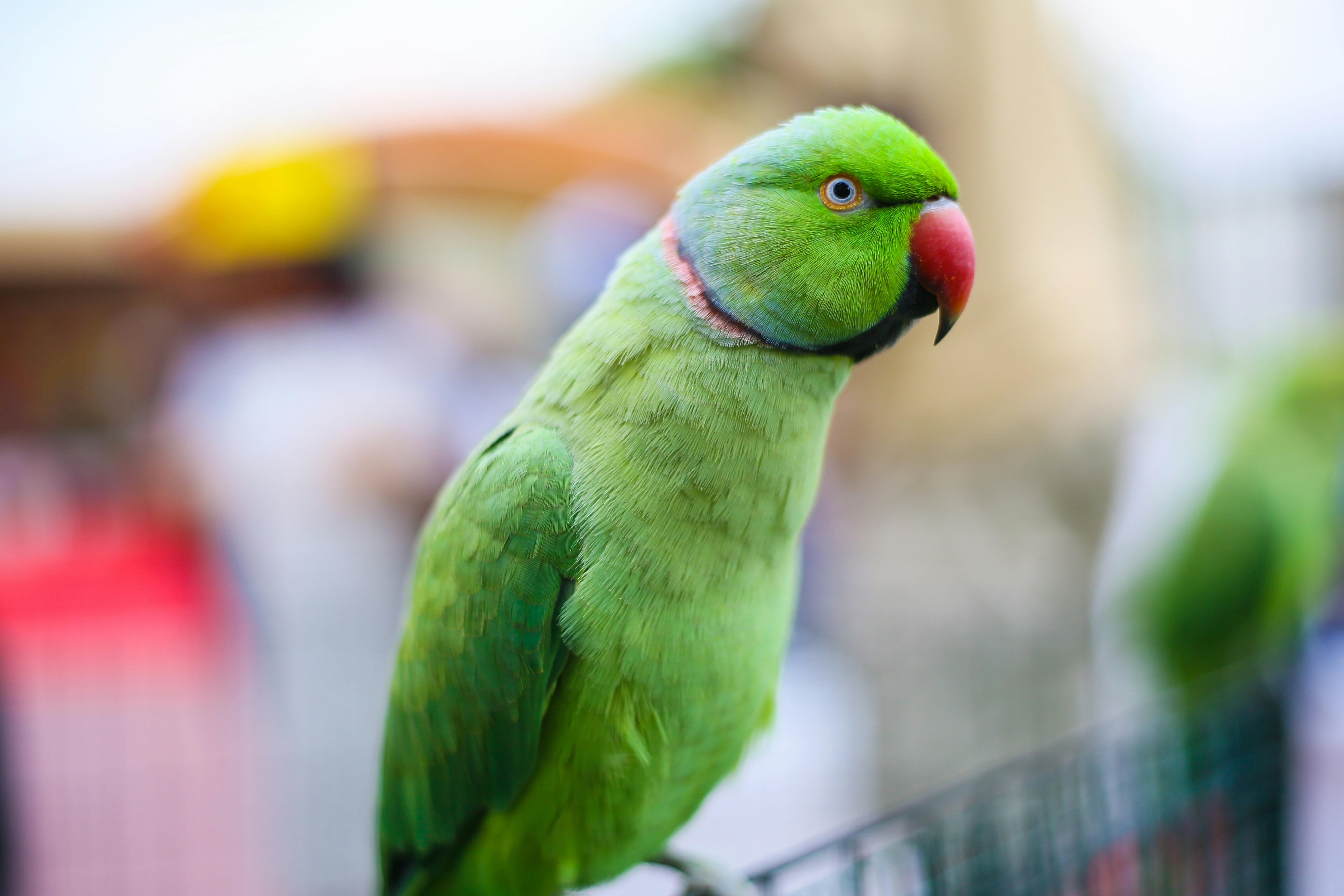Smart Ways to Enhance Your 70 Gallon Fish Tank in 2025

Effective Ways to Optimize Your 70 Gallon Fish Tank for Healthy Aquatic Life in 2025
Creating the Ideal Aquarium Setup for a 70 Gallon Fish Tank
Optimizing your 70 gallon fish tank starts with a thorough understanding of the fundamental aspects of aquarium setup. A well-structured tank not only enhances the beauty of your aquatic environment but also ensures the health and vitality of your fish. Proper aquarium setup involves selecting the right equipment, choosing suitable fish species, and establishing an ecosystem that mimics natural habitats. By following these guidelines, you can create a thriving environment for your fish and aquatic plants.
The dimensions of a 70 gallon aquarium provide ample space for various freshwater species, making it an excellent choice for both beginners and seasoned aquarists. Proper planning in the initial stages can significantly impact the fish longevity and overall health. In this section, we will delve into essential components of a large aquarium setup, including fish tank accessories like filtration systems, heaters, and appropriate substrate for your aquatic life.

Choosing the Right Fish for a 70 Gallon Tank
When selecting fish for your 70 gallon tank, consider species compatibility and the tank's bio-load capacity. It’s essential to research which types of fish thrive in community settings and how they interact with one another. Some popular choices for a tropical freshwater aquarium include:
- Glofish Tetra
- Betta Fish
- Goldfish
Each fish species has distinct needs regarding space and social behavior, so always check the compatibility chart before introducing new fish into the tank. Additionally, ensure that the selected fish can adapt well to the water conditions you will maintain, including temperature and pH levels.
Effective Aquarium Filtration System
A quality aquarium filtration system is crucial for maintaining water quality and promoting a healthy fish tank environment. For a 70 gallon aquarium, consider using a canister filter or a high-capacity powered filter that can accommodate the water volume effectively.
A well-functioning filter supports beneficial bacteria that break down harmful ammonia and nitrites within your fish tank, thus facilitating the nitrogen cycle. Regularly changing the filter media and maintaining the filter system are essential practices to keep your aquarium's environment stable.
Importance of Fish Tank Water Quality
Water quality plays a vital role in the health of aquatic life in tanks. It's crucial to monitor parameters such as pH, ammonia, nitrite, nitrate levels, and temperature. Using an aquarium test kit can help ensure that the water parameters remain optimal for your fish.
Additionally, conduct regular water changes, at least 10-15% weekly, to prevent the build-up of toxins. If you notice any unusual behavior in your fish, this could indicate a water quality issue. Maintaining clean and well-conditioned water is essential for keeping your fish thriving.
Integrating Aquatic Plants for Aquarium Aesthetics
Integrating aquatic plants into your 70 gallon aquarium not only enhances the visual appeal but also promotes fish health. Plants provide natural filtration, habitats, and even breeding grounds for certain species. This section explores the types of aquatic plants suitable for aquariums, their care, and how they contribute to overall tank health.

Best Plants for Aquariums
Choosing the right aquatic plants for your aquarium involves understanding their growth patterns and how they interact with fish. Some favored species include:
- Java Fern
- Anubias
- Amazon Sword
These plants are not only easy to care for but can also thrive in a range of light conditions. They enhance the tank's natural aesthetics and provide cover for shy fish species.
Proper Substrate Selection
Your choice of fish tank substrate significantly impacts the health of your plants and fish. For a well-optimized 70 gallon fish tank, consider using nutrient-rich substrates or gravel that allows for water circulation and anchoring of plants.
Moreover, avoiding overly fine substrates can prevent the buildup of anaerobic pockets within the tank, which can lead to algae blooms and dead zones. Regular maintenance of the substrate through siphoning and occasional replacement is vital in keeping a clean, healthy environment.
Lighting Options for Aquatic Plants
Effective aquarium lighting is essential for plant growth and to replicate natural conditions within your 70 gallon aquarium. LED lights are an excellent choice for aquarists due to their energy efficiency and ability to provide a spectrum of light suited to plant needs.
Aim for approximately 10-12 hours of light daily, and consider using a timer to manage the light cycle automatically. This regular exposure helps plants photosynthesize and thrive within the tank.
Fish Tank Maintenance for Long-Term Health
Implementing a consistent maintenance routine is key to ensuring the long-term success of your 70 gallon aquarium. Regular maintenance tasks, such as cleaning equipment, monitoring fish health, and maintaining water quality, are essential for a balanced ecosystem. This section outlines crucial maintenance practices to keep your tank vibrant and healthy.
Regular Cleaning and Water Changes
To maintain cleanliness in your fish tank, regularly scheduled cleaning is necessary. Cleaning involves scrubbing the tank walls, clearing algae, and ensuring decorations are free of debris. Regular water changes help to dilute toxins and waste products in the water.
Using a fish tank siphon can make the water change process efficient and minimize disturbance to the fish. Aim for a cleaning routine of every two weeks, adjusting based on your fish population and tank size.
Monitoring Fish Health Indicators
Regularly observing your fish for signs of illness is a critical aspect of fish tank maintenance. Healthy fish should display lively behaviors and normal swimming patterns. Common indicators of poor health include lethargy, erratic swimming, or changes in coloration.
If you notice these signs, consult a veterinarian specialized in aquatic life to diagnose and address potential health issues promptly.
Using an Aquarium Maintenance Calendar
Establishing an aquarium maintenance calendar can greatly simplify your routine. This schedule should outline tasks such as water testing, filter changes, and cleaning. Keeping a log not only helps maintain consistent practices but also aids in identifying trends in water quality and fish health over time.
Effective Fish Feeding Techniques
Providing proper nutrition for your fish is essential to their health. Fish food for large tanks can be varied to ensure that all species receive balanced diets suitable for their specific needs. In this section, we'll discuss best practices for feeding and maintenance of fish in a community tank setup.
Proper Fish Feeding Techniques
Fish feeding should be done in moderation to avoid overfeeding, which can lead to water quality issues. Start by observing how much your fish consume within a few minutes and adjust portion sizes accordingly. Most aquatic species thrive on a varied diet that includes both flakes and pellets along with occasional treats such as frozen or live foods.
It's important to avoid feeding fish too often—feeding them once or twice a day is generally adequate. Be mindful of the feeding schedule, ensuring that all tank mates receive the nutrients they require.
Preventing Algae Growth
Algae growth can become a major issue in aquariums if not managed properly. To prevent algae blooms in your 70 gallon tank, control lighting and limit nutrient levels within the water. Regularly maintain water quality and ensure that plant life is healthy, as thriving plants outcompete algae for nutrients.
In addition, utilizing a few algae-eating fish can greatly assist in keeping algae levels at bay, creating a balanced ecosystem within your tank.
Conclusion: Creating a Balanced Aquarium Environment
By optimizing your 70 gallon fish tank with careful planning and maintenance routines, you can create a thriving and healthy environment for your aquatic life. Focus on selecting the right fish species, enhancing the tank's aesthetics with plants, and maintaining water quality to ensure success in your aquarium journey. Utilize the links for more information on specific topics related to fish tank optimization and maintenance.
To explore more on fish tank equipment and care guides, check out this comprehensive resource and for further insights into aquatic plants, visit this helpful guide.